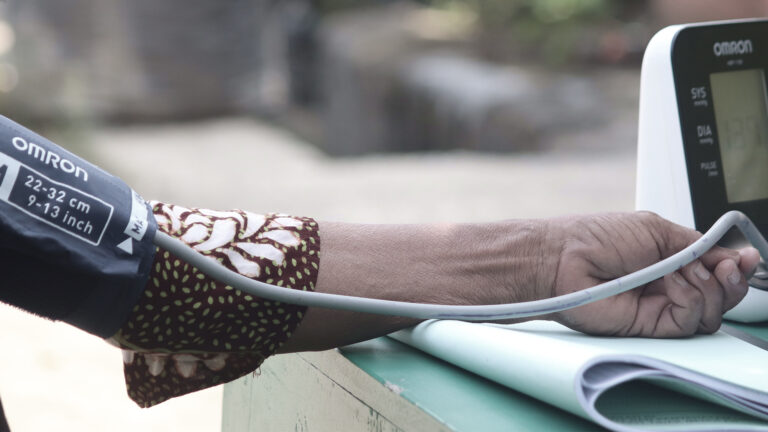Risk Factors of atrial fibrillation
Some risk factors for atrial fibrillation can be managed, for example, high blood pressure, diabetes, obesity, alcohol consumption, and sleep apnea. Others can not be managed, for example, age, height, and sex.
What Is Atrial Fibrillation (AF)?
What is Atrial Fibrillation? is the most commonly diagnosed form of arrhythmia. One in four of us will be diagnosed with AF
Read moreUnnoticed factors that can trigger atrial fibrillation
There are many factors that can trigger atrial fibrillation - understanding these can help you avoid developing or worsening your afib.
Read moreHigh blood pressure (Hypertension)
High blood pressure can strain the heart and blood vessels which can lead to an increased risk of atrial fibrillation and heart failure.
Read moreHow Does Your Weight Affect Atrial Fibrillation?
New studies explain more about the connection between excess weight and atrial fibrillation, and the effect weight loss has on afib.
Read moreAtrial fibrillation and alcohol
It is important to understand the difference between alcohol as a risk factor for developing atrial fibrillation or as a risk factor for relapse
Read moreStress and Atrial Fibrillation
This article will cover the relationship between stress and atrial fibrillation as a risk factor for development and as a trigger of afib.
Read moreThe Latest Research On Alcohol and Atrial Fibrillation
There has been agreement for many years that there is a link between alcohol and atrial fibrillation, as a risc factor and a trigger of afib.
Read moreAtrial fibrillation and age
Atrial fibrillation becomes much more common the older we get. In particular, the risk increases when we reach the age of 65-70 and older.
Read moreRisk of Blood clots and severe bleeding
Atrial fibrillation increases the risk of blood clots, as during an episode the atria is not able to properly drain and can cause blood clots
Read moreDecreased pumping power in the heart, or Heart failure
Can atrial fibrillation cause heart failure? Atrial fibrillation can cause heart failure and conversely, heart failure can also lead to afib.
Read moreIncreased metabolism (hyperthyreoidism)
Increased metabolism, too much metabolic hormone is produced in the "thyroid gland". An increased metabolism can cause atrial fibrillation.
Read moreDiabetes and atrial fibrillation
People with both diabetes and atrial fibrillation are at greater risk for blood clot complications for their atrial fibrillation
Read moreChronic obstructive pulmonary disease – “COPD”
The most common chronic lung disease "COPD" often causes increased pressure in the pulmonary circulation. And can therefore strain the heart.
Read moreExercise and atrial fibrillation
There are many studies that have shown a "U-shaped" connection between the level of sports activity and the risk of atrial fibrillation.
Read moreHow To Live Better With Atrial Fibrillation
This article will cover the primary known factors statistically proven to increase the risk of causing episodes of atrial fibrillation.
Read moreAtrial Fibrillation And Sleep Apnea
Obstructive sleep apnea is common in people with atrial fibrillation. Up to half of all people with atrial fibrillation also have sleep apnea
Read moreCan smoking cause Atrial Fibrillation?
Smoking and atrial fibrillation. The increased risk of afib as an active smoker, corresponds to the difference in risk between 60 and 63-year olds.
Read moreWhat do we know about the causes of atrial fibrillation?
Atrial fibrillation is - like many other diseases - what we call "multifactorial". There are many different causes of atrial fibrillation (afib)
Read more
















